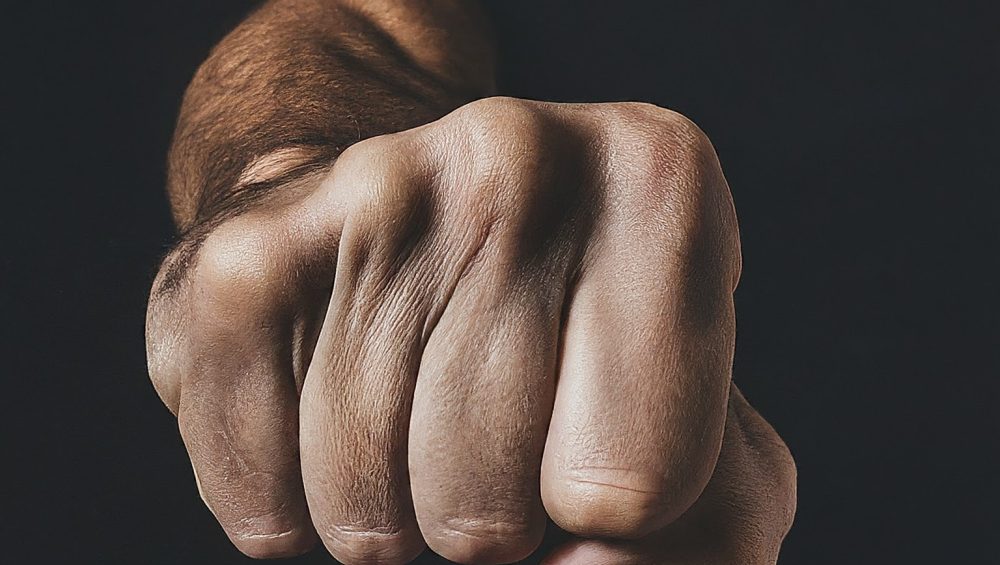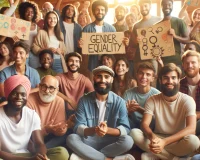Sexual and gender-based violence (SGBV) is a critical issue that affects countless lives in Akwa Ibom State. Despite efforts to combat this pervasive problem, many cases go unreported, and victims often suffer in silence. It is imperative that we break this silence, raise awareness, and take concrete steps to address and prevent SGBV in our communities.
Understanding Sexual and Gender-Based Violence
SGBV encompasses a range of harmful acts committed against individuals based on their gender. These acts include:
- Sexual Violence: This includes rape, sexual assault, and sexual harassment.
- Domestic Violence: Physical, emotional, or psychological abuse within a domestic setting, such as a marriage or cohabitation.
- Trafficking and Exploitation: The illegal trade and exploitation of people, often for forced labor or sexual exploitation.
- Harmful Traditional Practices: Practices such as female genital mutilation (FGM) and forced marriages that harm individuals based on gender.
The Impact of SGBV on Individuals and Communities
The repercussions of SGBV are extensive and multifaceted, impacting not just the victims but the community at large:
- Health Consequences: Victims may experience physical injuries, reproductive health issues, and mental health challenges such as PTSD, anxiety, and depression.
- Economic Impact: SGBV can lead to loss of productivity, as victims may be unable to work or attend school due to the trauma and stigma associated with their experiences.
- Social Impact: The pervasive fear and stigma associated with SGBV can isolate victims, erode community trust, and perpetuate cycles of violence and discrimination.
Efforts to Combat SGBV in Akwa Ibom State
Addressing SGBV requires a holistic approach that includes legal, social, and educational strategies:
- Legal Frameworks and Policies: Strengthening and implementing laws such as the Violence Against Persons (Prohibition) Act, 2015, ensures that perpetrators are held accountable and victims receive justice and protection.
- Support Systems for Victims: Establishing and maintaining shelters, hotlines, counseling services, and legal aid for victims of SGBV is essential. Organizations like [Your Organization] are at the forefront of providing these critical services.
- Community Engagement and Education: Engaging community leaders and members in discussions about gender equality and SGBV helps to challenge harmful norms and practices. Education programs in schools and communities can raise awareness and foster a culture of respect and non-violence.
- Training and Capacity Building: Training law enforcement, healthcare providers, and community leaders on how to respond to SGBV effectively ensures that victims receive compassionate and competent support.
How You Can Make a Difference
Every member of the community has a role to play in combating SGBV. Here are some ways you can contribute:
- Educate and Advocate: Stay informed about SGBV and share this knowledge with others. Advocate for stronger policies and better enforcement of existing laws.
- Support Victims: Offer a listening ear, believe their stories, and help them access the support services they need. Encourage them to report incidents and seek justice.
- Challenge Gender Norms: Speak out against harmful gender stereotypes and practices. Promote gender equality in your community and workplace.
- Volunteer and Donate: Support organizations working to end SGBV by volunteering your time or donating resources.
Sexual and gender-based violence is a grave violation of human rights that requires urgent attention and action. By breaking the silence, raising awareness, and working together, we can create a safer and more just Akwa Ibom State for everyone. Let us commit to ending SGBV and supporting survivors in their journey towards healing and justice.
For more information on how to get involved or to access support services, please send us a chat or mail.






